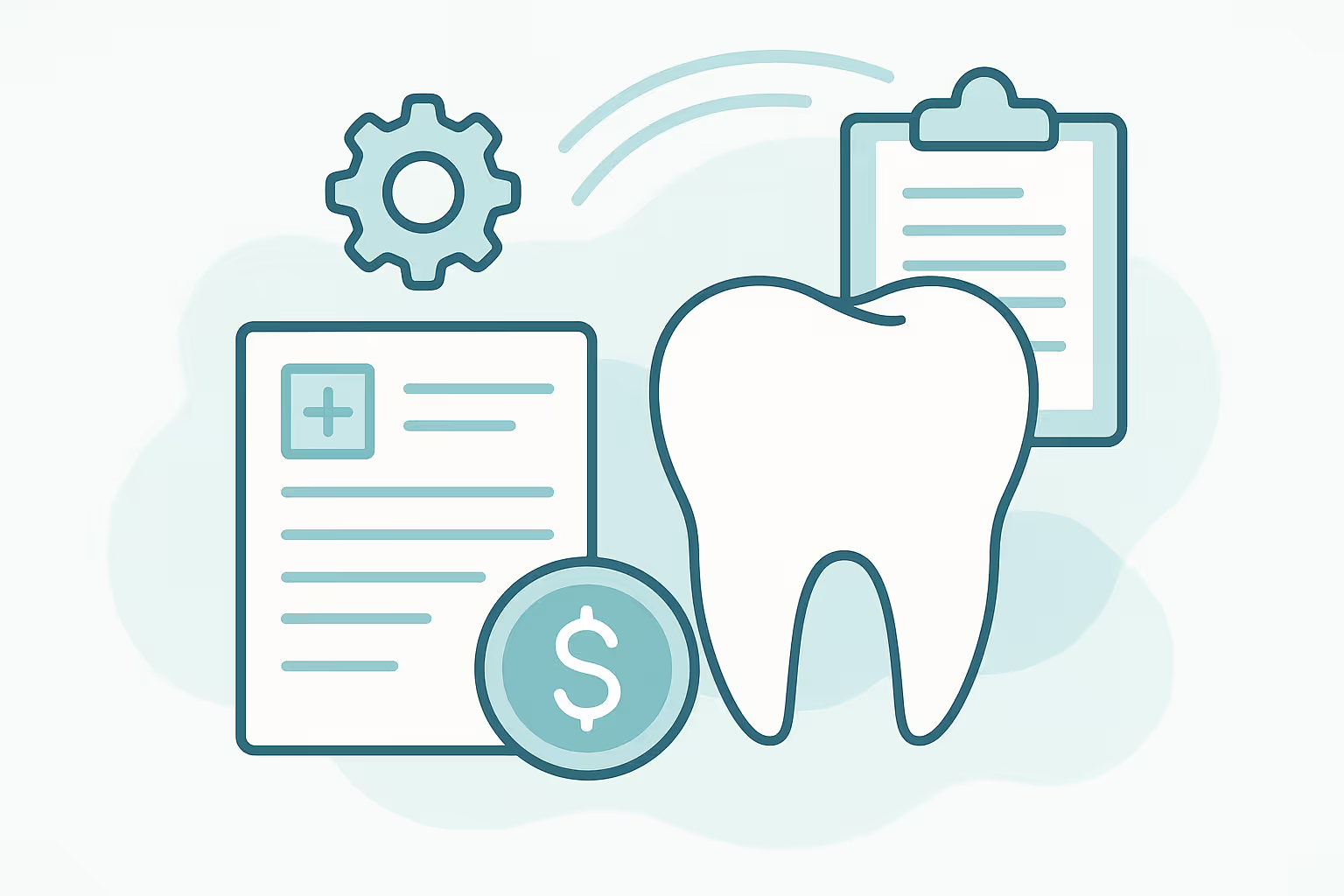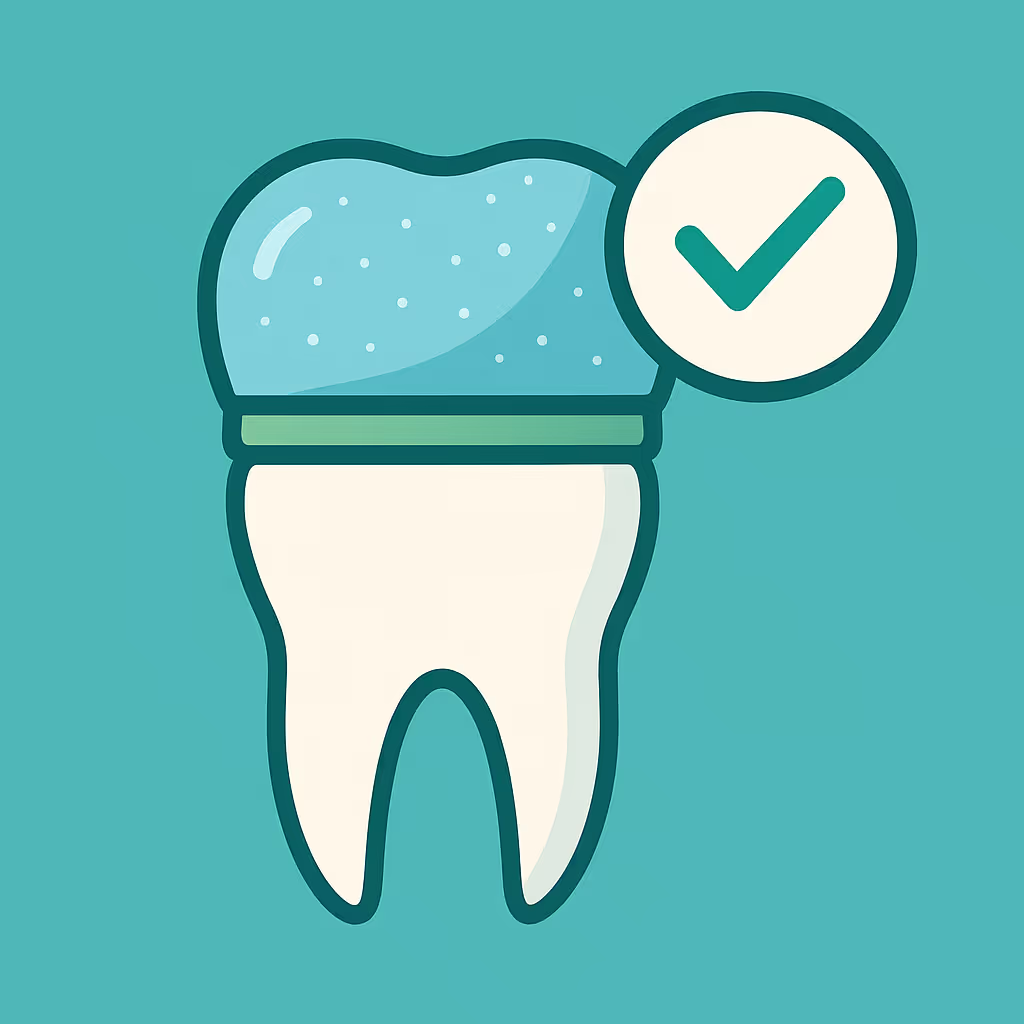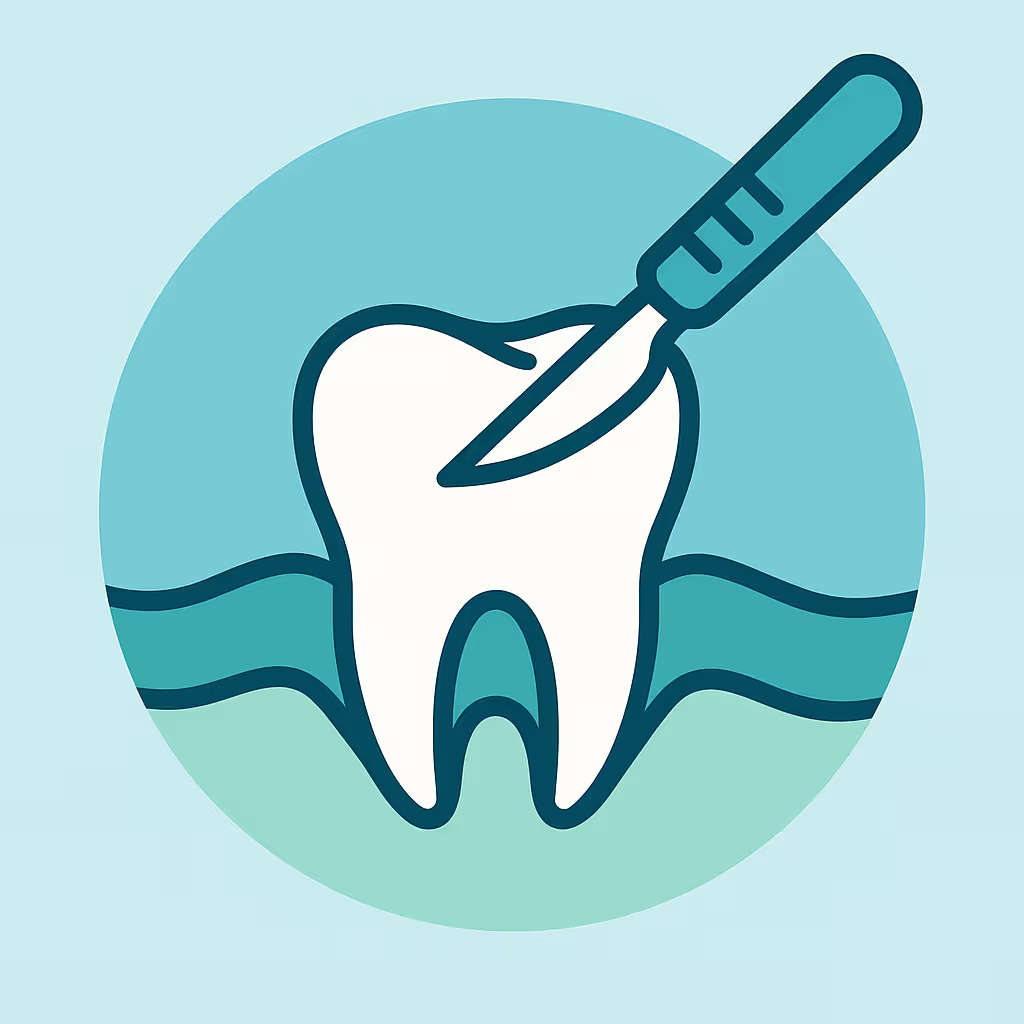Understanding Dental Code D7948
When to Use D7948 dental code
The D7948 dental code is designated for "Lefort II or Lefort III (osteoplasty of facial bones for midface hypoplasia or retrusion)," a complex surgical procedure to correct significant midface skeletal deficiencies. This code is appropriate when a patient presents with midface hypoplasia or retrusion that requires surgical intervention to reposition and reconstruct the facial bones. Typically, this procedure is performed by an oral and maxillofacial surgeon and may be indicated for congenital conditions, trauma, or severe developmental abnormalities that impact function or aesthetics.
Documentation and Clinical Scenarios
Accurate documentation is essential when billing for D7948. The clinical record should include:
- Comprehensive diagnosis and justification for surgery (e.g., midface hypoplasia, retrusion, functional impairment).
- Pre-operative imaging (such as cephalometric radiographs or CT scans) demonstrating the skeletal deficiency.
- Detailed surgical plan outlining the Lefort II or III osteoplasty approach.
- Operative notes specifying the procedures performed, fixation methods, and any grafting or adjunctive techniques used.
- Post-operative follow-up notes documenting outcomes and any complications.
Common clinical scenarios include patients with syndromic craniofacial anomalies, post-traumatic deformities, or severe Class III malocclusion not correctable by orthodontics alone. Always ensure that the clinical necessity is well-supported in the chart to withstand insurance scrutiny.
Insurance Billing Tips
Successfully billing D7948 requires a proactive and thorough approach:
- Preauthorization: Always obtain preauthorization from the patient’s dental and/or medical insurance. Submit all supporting documentation, including clinical notes, imaging, and letters of medical necessity.
- Coordination of Benefits: For procedures with both functional and cosmetic components, clarify which portions are medically necessary. Some payers may cover only the functional aspect.
- Accurate Coding: Use D7948 only for Lefort II or III osteoplasty. For other maxillofacial surgeries, reference the appropriate CDT code (see D7947 for Lefort I, for example).
- Claim Submission: Attach all required documentation and use precise, up-to-date terminology. Clearly indicate the diagnosis and the surgical necessity.
- Appeals: If a claim is denied, review the Explanation of Benefits (EOB) for the reason. Submit a detailed appeal with additional documentation or clarification as needed.
Staying organized and maintaining clear communication with payers is key to minimizing Accounts Receivable (AR) delays and maximizing reimbursement.
Example Case for D7948
Case Study: A 17-year-old patient presents with severe midface hypoplasia secondary to a congenital craniofacial syndrome. The oral and maxillofacial surgeon determines that a Lefort III osteoplasty is necessary to restore function and facial symmetry. The dental office:
- Collects comprehensive diagnostic records and imaging.
- Prepares a detailed letter of medical necessity outlining the functional deficits and surgical plan.
- Submits a preauthorization request to both dental and medical insurers.
- Upon approval, schedules and completes the surgery, documenting all intraoperative steps and outcomes.
- Submits the claim with all supporting materials, resulting in successful reimbursement.
This approach demonstrates best practices for documentation, insurance communication, and revenue cycle management when billing for D7948.





